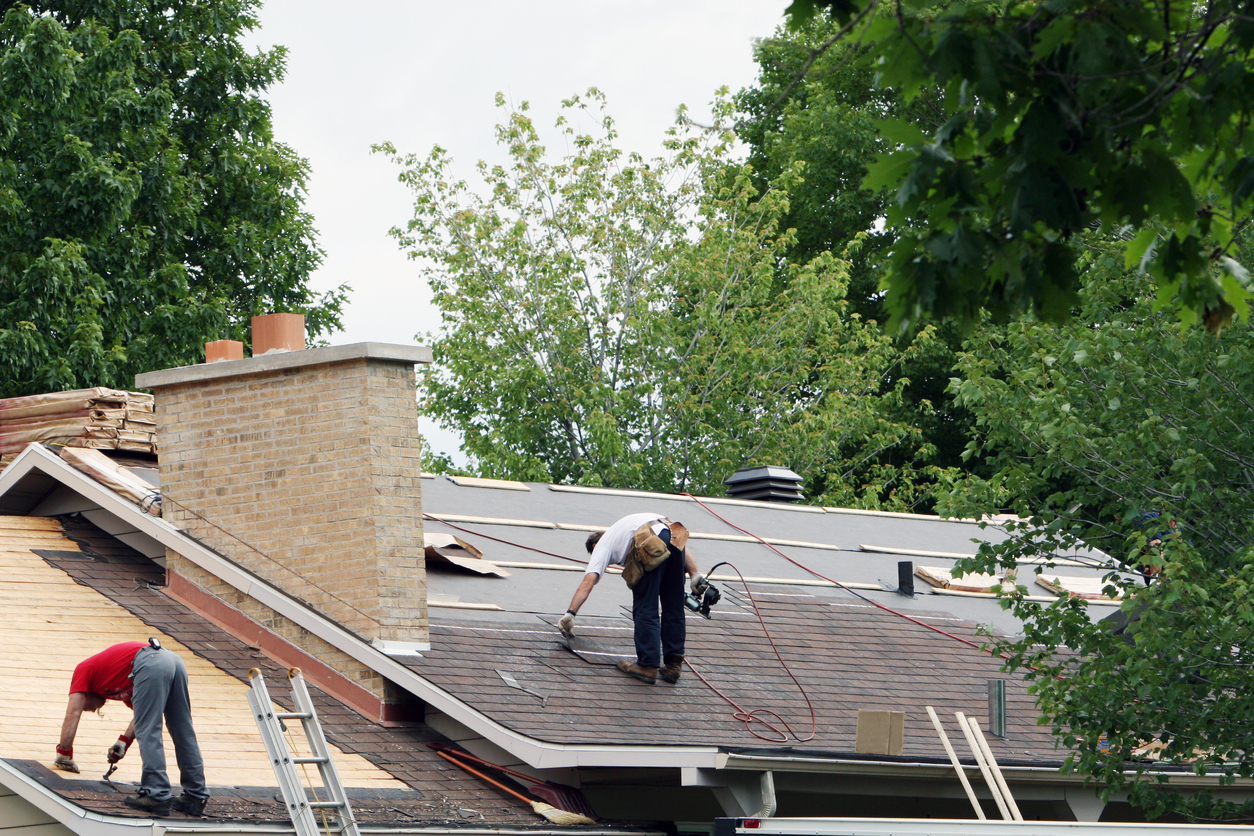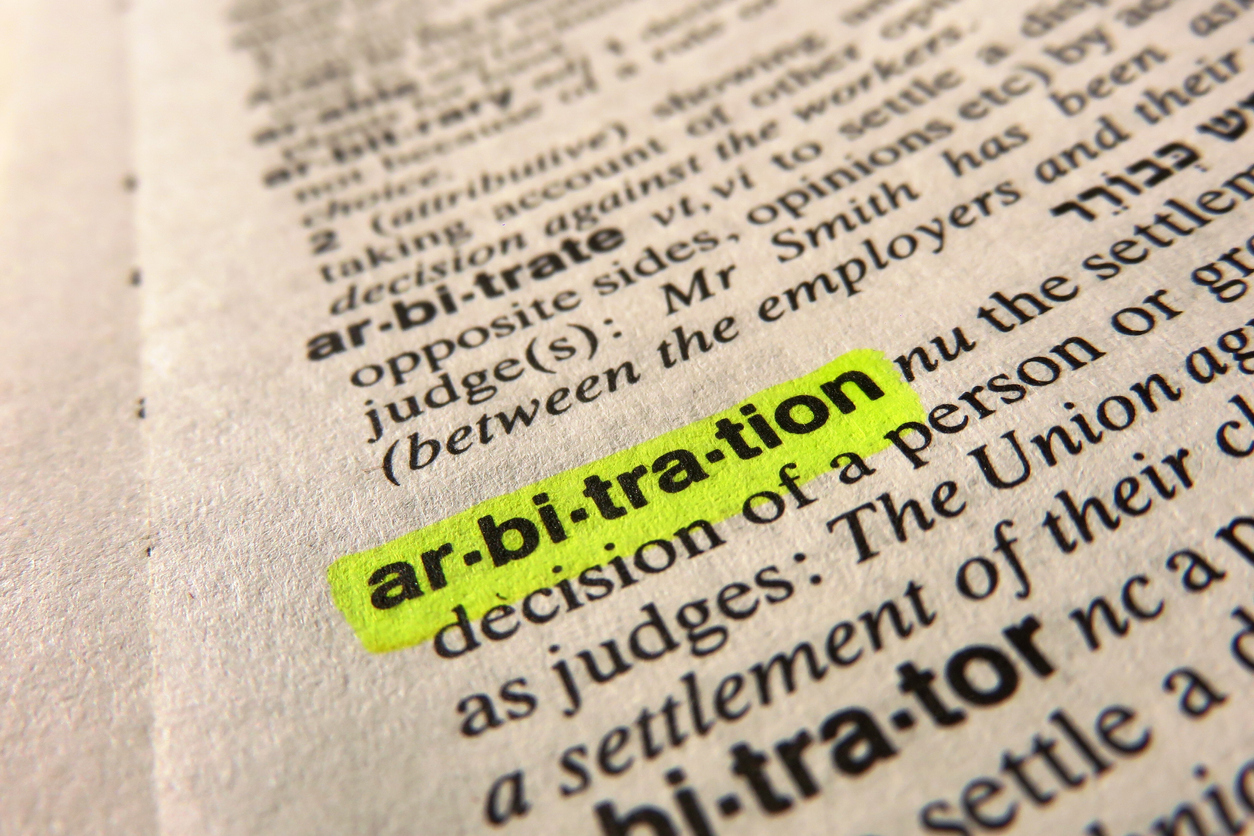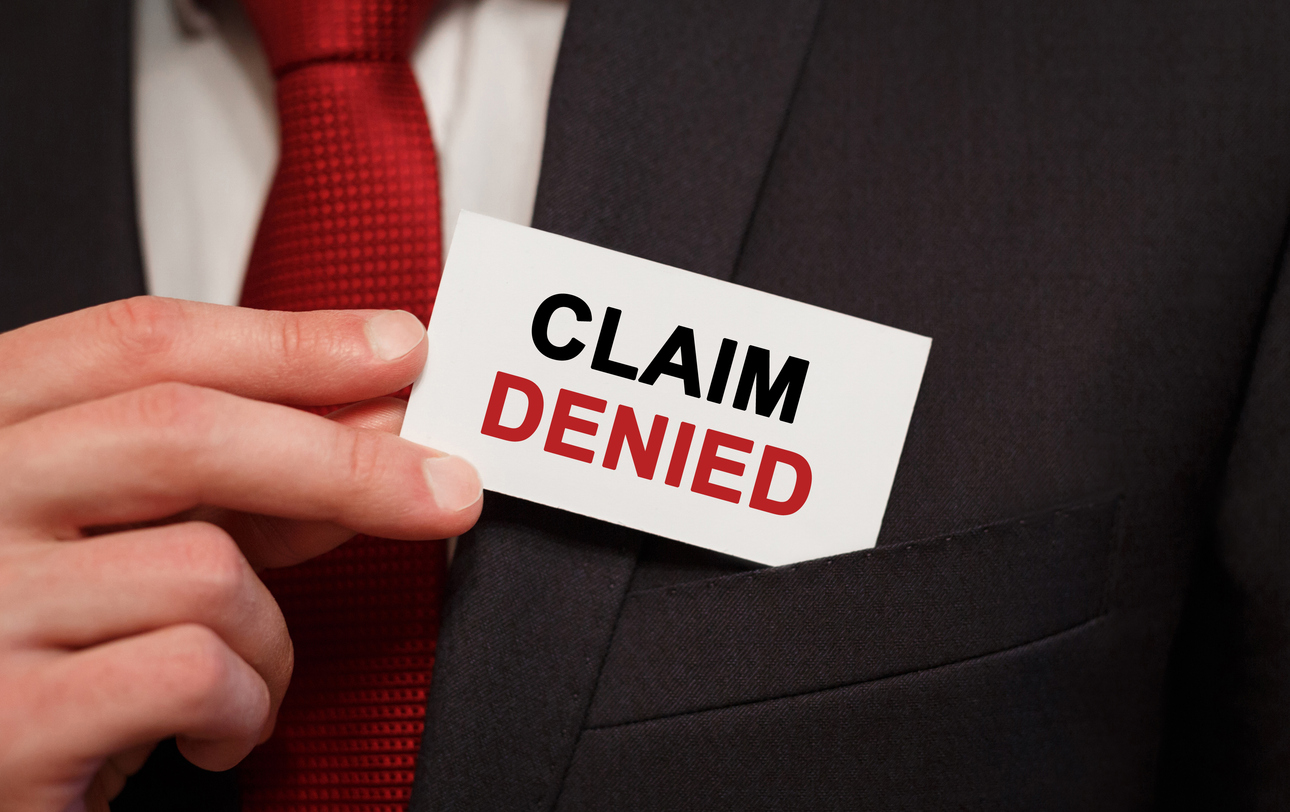Your Citizens insurance policy may have recently implemented a $10,000.00 water damage limit, which can be negated only if you agree to allow Citizens’ preferred contractor repair your damaged property. But is Citizens authorized to make this request?
The Statutory Creation of Citizens Property Insurance Corporation
In August of 2002, the Florida Legislature created Citizens Property Insurance Corporation (“Citizens”) as a not-for-profit, tax-exempt, government entity through the passing of Florida Statute § 627.351(6), also referred to as the “Citizens Enabling Statute.”
The Florida Supreme Court in Citizens Property Ins. Corp. v. Perdido Sun Condominium Ass’n Inc.,1 followed strict statutory construction of the Citizens Enabling Statute in addressing issues of bad faith complaints against Citizens. Since the ruling handed down by the court in Perdido, Citizens has utilized that case, and its analysis of Fla. Stat. § 627.351(6), to ensure the Citizens Enabling Statute remains strictly construed.
The Option to Repair as Address by Florida Courts
Under current case law in Florida, when an insurance contract provides an option to for the insurer to either pay for the loss or repair or replace the property, an insurer’s decision to repair the property creates a new contract to restore the property within a reasonable time.2
Why does this matter?
According to subsection (6)(a)(2) of the Citizens Enabling Statute, Citizens is to “provide insurance for residential and commercial property, for applicants who are entitled, but, in good faith, are unable to procure insurance through the voluntary market.”
Curiously, nowhere in Florida Statute Section 627.351(6) is Citizens authorized to enter into any contract with an insured, or any entity, other than that of providing insurance; more specifically, no provision of Section 627.351(6) allows, authorizes, enables, or imbues Citizens with the ability to enter into a contract for repairs under an Option to Repair, Our Option Provision, or Managed Repair Contractor Network Program.
Further, in subsection (6)(b)(2)(f) the Florida Legislature mandated that “[t]he income from [Citizens] may not inure to the benefit of any private person.” It appears that Citizens retaining a third-party contracting company and issuing payment to them for repair of damaged property would violate the subsection above (assuming here that the third-party company is at least making some profit off of the work performed).
So, can Citizens enter into a contract for repairs when not specifically authorized by the Citizens Enabling Statute? Can Citizens contract with and compensate a third-party for repairs when that third-party is benefiting from that contract/payment? These issues will need to be addressed by the court.
________________________________________
1 Citizens Property Ins. Corp. v. Perdido Sun Condominium Ass’n Inc., 164 So.3d 663 (Fla. 2015).
2 Travelers Indem. Co. v. Parkman, 300 So.2d 284, 285 (Fla. 4th DCA 1974) (holding that “when the [automobile] insurer makes its election to repair, that election is binding upon the insured and creates a new contract under which the insurer is bound to restore the vehicle within a reasonable time.”)(emphasis added); see also Drew v. Mobile USA Ins. Co., 920 So.2d 832, 835 (Fla. 4th DCA 2006) (applying the holding of Parkman to homeowners insurer); Arch Roberts & Co. v. Auto–Owners Ins. Co., 305 So.2d 882, 882–83 (1st DCA 1974).




